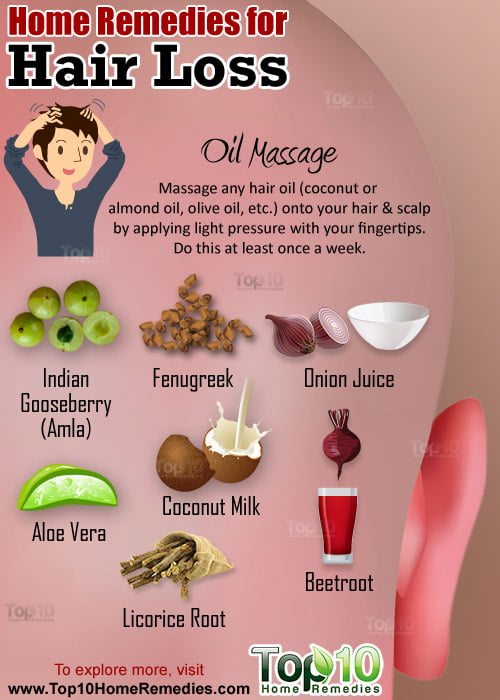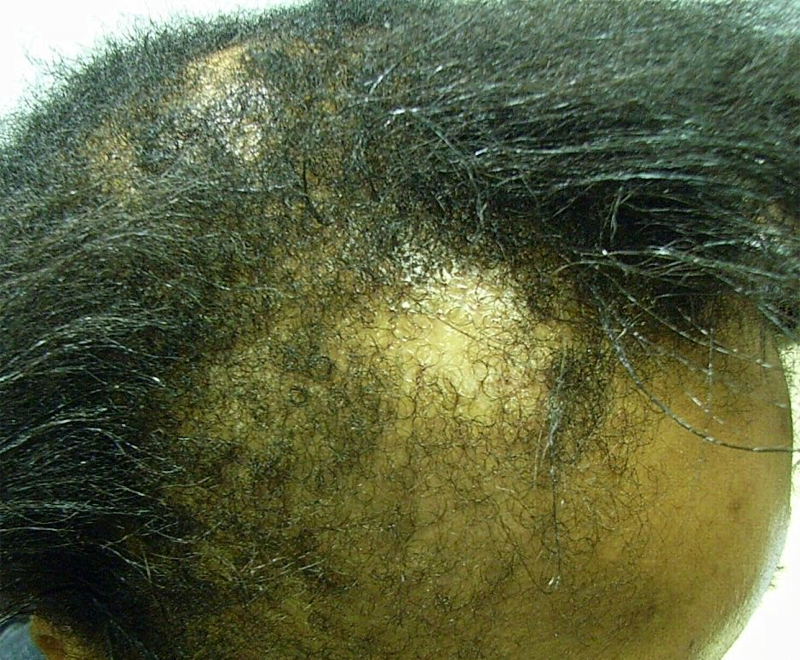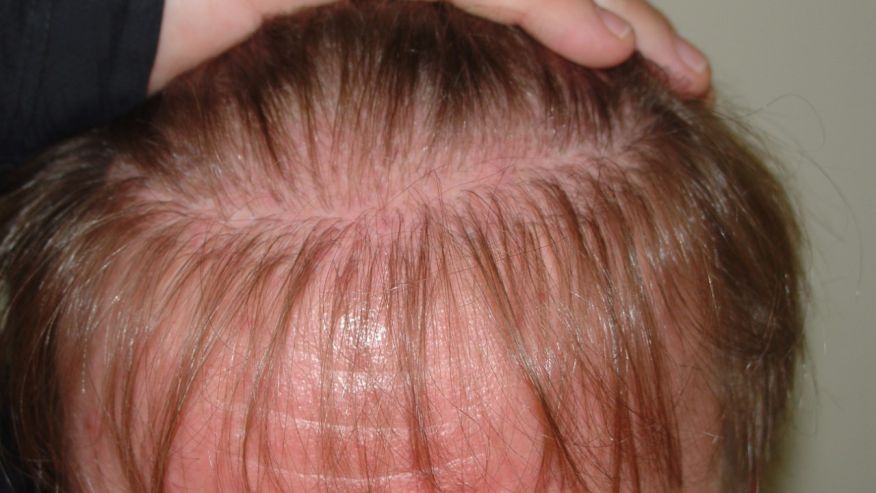
Consumer Reports has no financial relationship with any advertisers on this site.
There’s no shortage of products on the market that are claimed to help stave off thinning hair, fine lines on the skin and dry, brittle nails. Among these are a slew of dietary supplements, some topping $100.
These commonly contain antioxidants such as vitamins A, C and E, or coenzyme Q10, as well as biotin, a B-complex vitamin. The minerals manganese and selenium are often found in supplements marketed for healthy hair, along with fatty acids such as fish and flaxseed oils.
Deficiencies of the nutrients above, although uncommon, can cause a litany of hair — and, sometimes, skin and nail — changes. Over time, for instance, insufficient intake of vitamins A and E can cause rough, scaly skin patches. A deficiency of biotin may cause eczema and hair loss.
But can a pill restore your locks, nails and skin? This is what we know right now.
For healthy people, there’s no good evidence that supplements can make a difference. “I’m not aware of any robust data suggesting that any supplements can treat natural, aging-related hair loss or nail damage, or give you healthier skin,” says Pieter Cohen, an assistant professor of medicine at Harvard Medical School and an expert on dietary supplements.
Two 1990s studies did find that biotin supplements may help strengthen soft, easily breakable nails. But the studies were small and not rigorously conducted, and they haven’t been replicated, Cohen says. “It’s nothing that would ever lead me to recommend it to any of my patients,” he adds.
Most people get enough of the nutrients in these supplements, but in rare cases a medical problem may cause deficiency or affect your hair, nails or skin. The few who take antibiotics long term or who use anti-seizure drugs, for instance, are more likely to be biotin-deficient. An overactive or underactive thyroid may cause hair loss and dry strands. Iron-deficiency anemia can lead to brittle, oddly shaped nails.
If you’re experiencing chronic hair, nail and skin problems for no clear reason, talk with your doctor. “If nothing shows up after appropriate testing, because we don’t have a good blood test to detect biotin deficiency, it might be worthwhile to try a supplement for three months,” says Marvin M. Lipman, Consumer Reports’ chief medical adviser. “Since it can interfere with thyroid testing, make your doctor aware.”
But remember that dietary supplements are not well regulated and might contain substances not listed on the label or have much less or more of an ingredient than promised. For example, in 2008, one brand of multivitamin was found to have 200 times the labeled concentration of selenium — after it had caused hair loss and discolored, brittle nails in about 200 people across 10 states.
Eat enough protein. It’s important to maintain a healthy diet for overall health. But getting 30 percent of your daily calories from protein (preferably lean) can help keep your hair in shape.
Treat your body well. Be cautious with hair dye (semipermanent is less damaging than permanent), blow-dryers, flatirons and styles such as tight ponytails. If you bite your nails, keep them trimmed or consider using a clear, bitter-tasting polish to help you stop. Wear cotton-lined gloves when washing dishes, moisturize hands and nails daily, and use moisturizing soap. Moisturize skin frequently and take short, tepid showers. Run a humidifier in your bedroom or office to keep the air between 30 and 50 percent humidity. If you smoke, work at quitting.
Protect yourself from the sun. Exposure to its UV rays can cause premature wrinkling, sagging, spots and skin coarsening. Limit sun time and use a broad-spectrum sunscreen of at least SPF 30 daily.
Consider Rx help. Prescription topicals such as tazarotene and tretinoin creams have been shown to reduce fine-line wrinkles, skin roughness and sun and age spots. Over-the-counter formulations with retinol, retinaldehyde, retinyl esters and oxoretinoids are also available, though less evidence supports their effectiveness.Consumer Reports is an independent, nonprofit organization that works side by side with consumers to create a fairer, safer, and healthier world. CR does not endorse products or services, and does not accept advertising. Read more at ConsumerReports.org.
Source:-Washington post
















